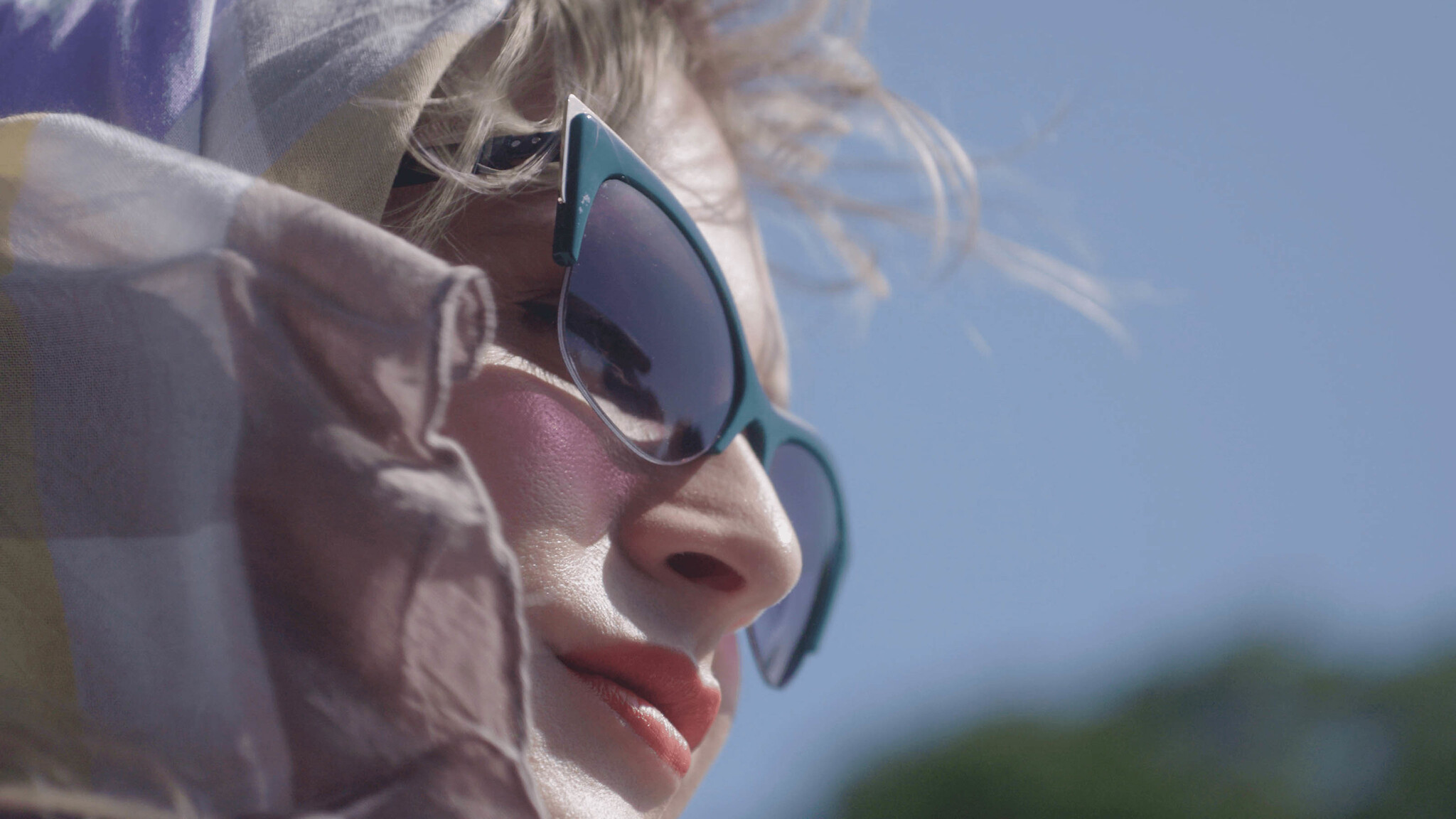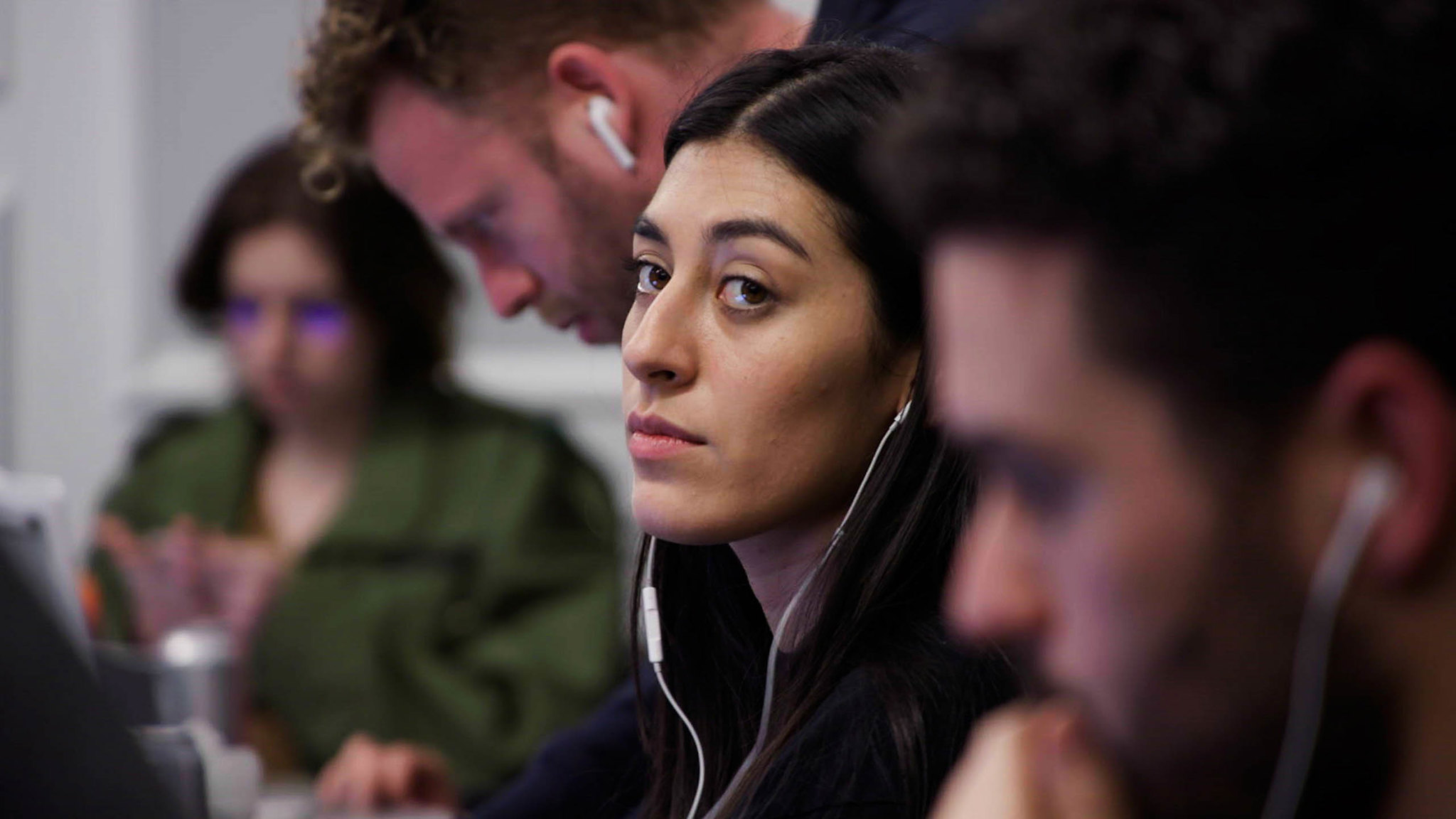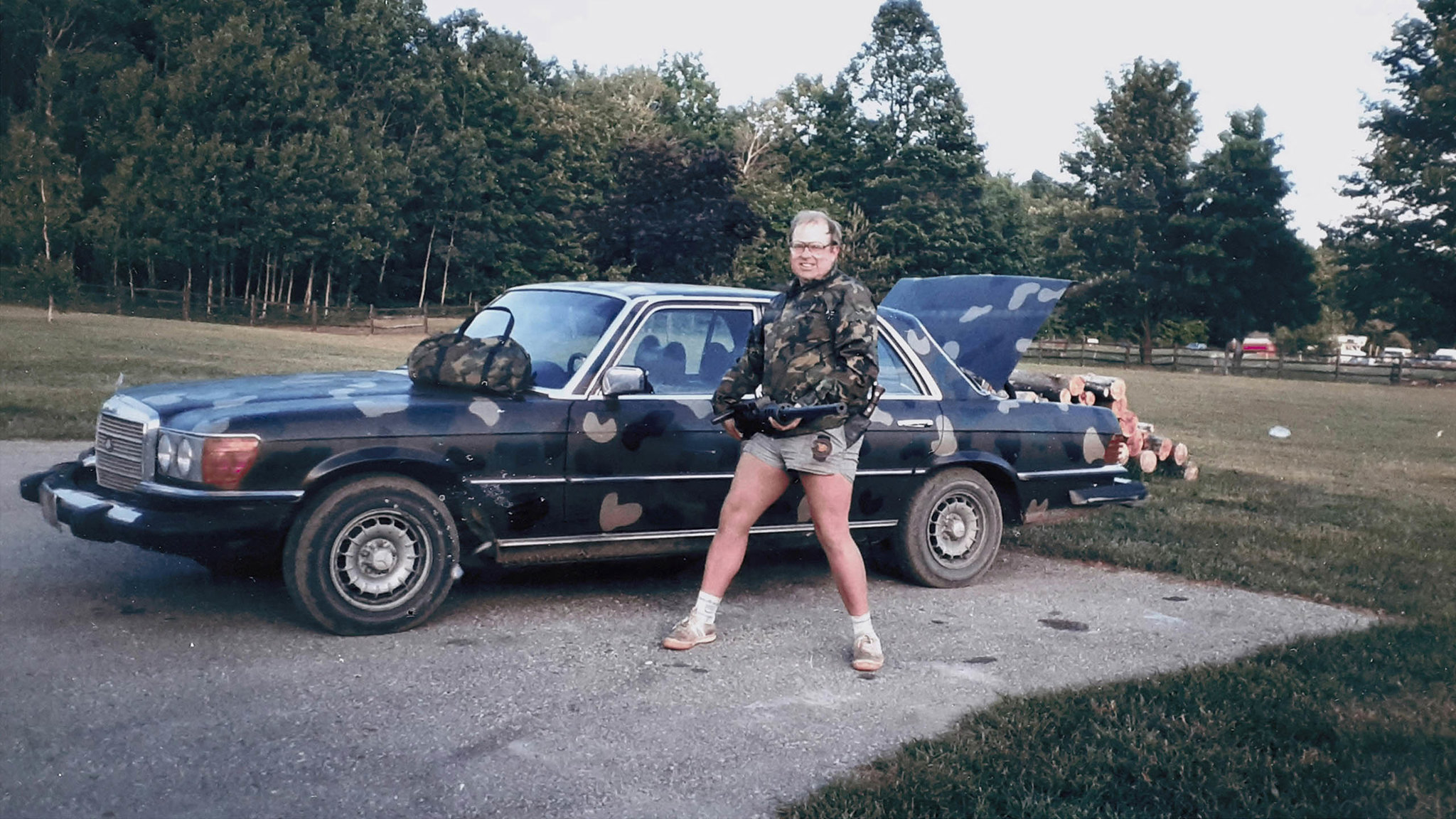Framing Agnes
Dir. Chase Joynt
(USA/Canada, 75 min.)
Programme: NEXT
While Framing Agnes’ title nods to the notoriety of Agnes Torres, it also wants to get you thinking about names you don’t know. This feature documentary directed by Chase Joynt weaves stories of trans people past and present to complicate understandings of transness, identity, history, and truth. The film pieces together many ideas of Agnes and the trans experience at large without tying anything up in a neat little bow.
The young trans woman went down in history for duping UCLA researcher Harold Garfinkel into thinking she was intersex in order to get access to gender correction surgery, as it was often denied to trans people in the 1960s. Framing Agnes raids Garfinkel’s research cabinet for the other interviews with trans people of yesteryear. Those transcripts are then re-enacted in a cheeky talk-show setting, with performances from Zackary Drucker, Angelica Ross, Jen Richards, Max Wolf Valerio, Silas Howard, and Stephen Ira.
Just as Agnes toyed with our obsession with categorization, so does the film. Part documentary and part creative re-enactment, the creative doc plays with traditional formulas and challenges the expectation of the silent, invisible interviewer. The camera pulls back often to reveal Joynt’s place in conversations with historian Jules Gill-Peterson, as well as backstage chats with the people playing Garfinkel’s research subjects. While Joynt plays the interrogative Garfinkel in those re-enactments, the director also has to grapple with being the interviewer in earnest.
“We continue to reckon with the violence of the interview form itself,” Joynt said in an interview with POV. The film calls back to how the talk show was one of the first places trans people were invited to tell their stories, often deliberately to be gawked at. In Framing Agnes, trans people are both the interviewers and the subjects. This doesn’t solve everything, but it certainly is a balm in contrast to Garfinkel’s clueless and often cruel line of questioning.
The transcripts show that even in the 1960s, under the harsh microscope of the research department at UCLA, these trans folks asserted agency over their stories. Their jokes leap off the page. Jen Richards especially breathes life into Barbara, who volleys back at Garfinkel’s assumptions without missing a beat. Aware of how difficult it may be to imagine a Black trans woman of the 1960s, Angelica Ross inhabits the role of Georgia beautifully. Although, the film could have afforded the re-enactments more screen time, as it often undercuts itself by quickly switching out of character, knocking some life out of the transcript subjects’ words. At the same time, the rapid pivoting is obviously intentional. It draws clear parallels and contrasts between subject and performer, and trans experiences then and now.
One of the most enduring questions Framing Agnes raises is around how trans icons are made and what purpose they serve. Going all the way back to Christine Jorgensen, whose transition was splashed across headlines in the 1950s, the world has forever made both spectacles and icons out of trans people. Gill-Peterson wonders if it remains useful to continue to mold icons out of trans people, even as inspiration for their own communities. The doc starts to tease out the nuance that is lost in the icon-making machine, and challenges audiences to continue that work.
It’s a complex documentary structure that will yield new rewards upon rewatches, with many wanting to revisit it already. The doc’s clever marketing beckons, “Have you seen Agnes?” After watching the film, even after making it, has anyone truly seen Agnes? Gill-Peterson quotes her mentor’s guiding philosophy as a historian, saying, “Our job is not to act like we know things about people that they didn’t know about themselves.” Rarely has a historical documentary challenged our assumptions about history and its ability (or right) to bring people back to life.












